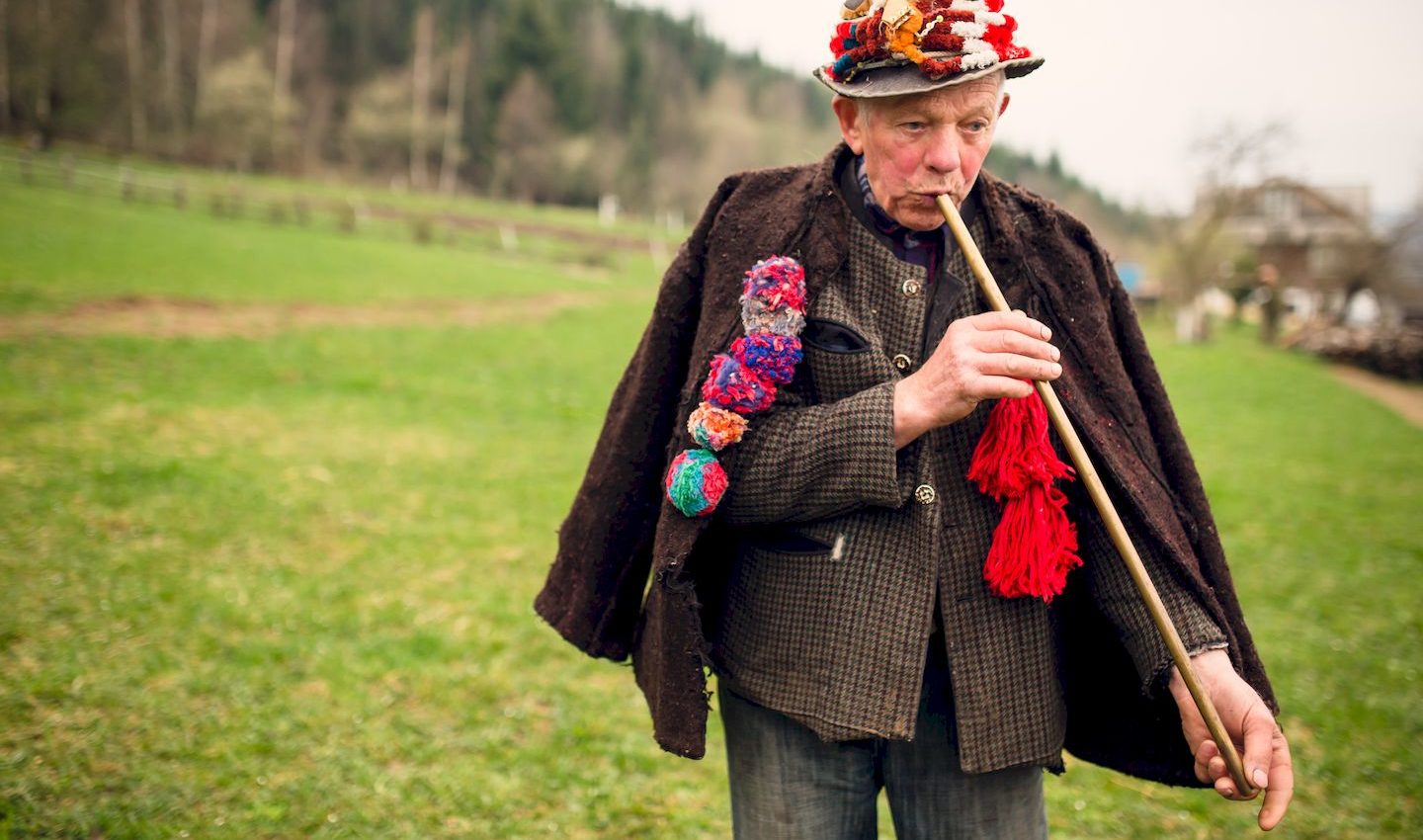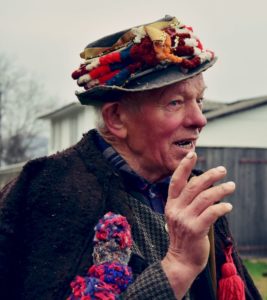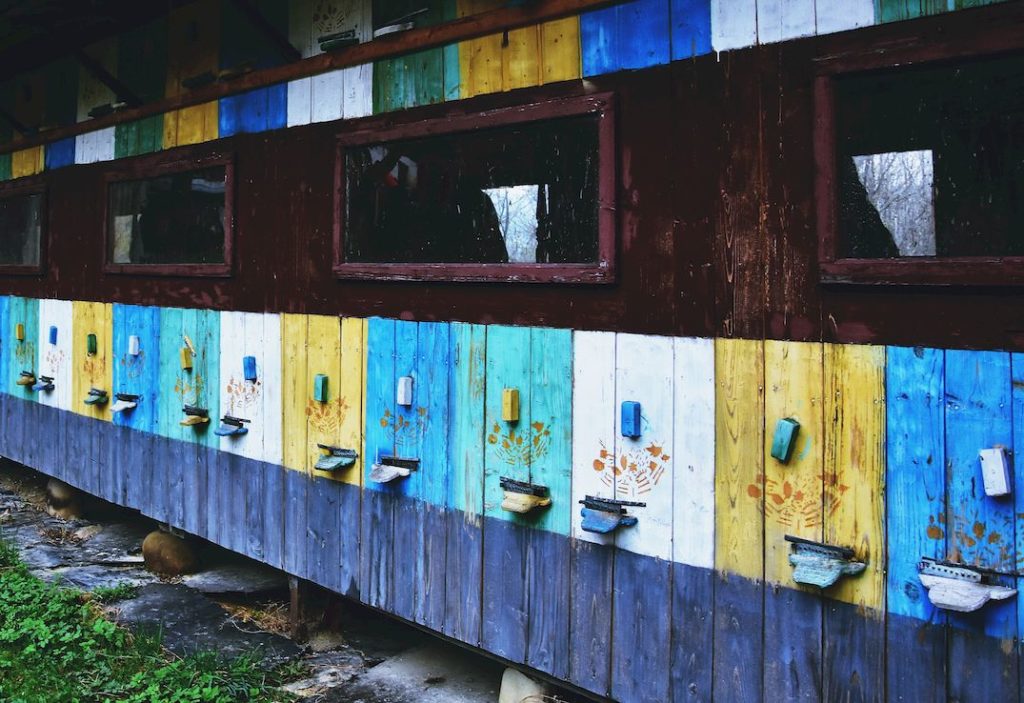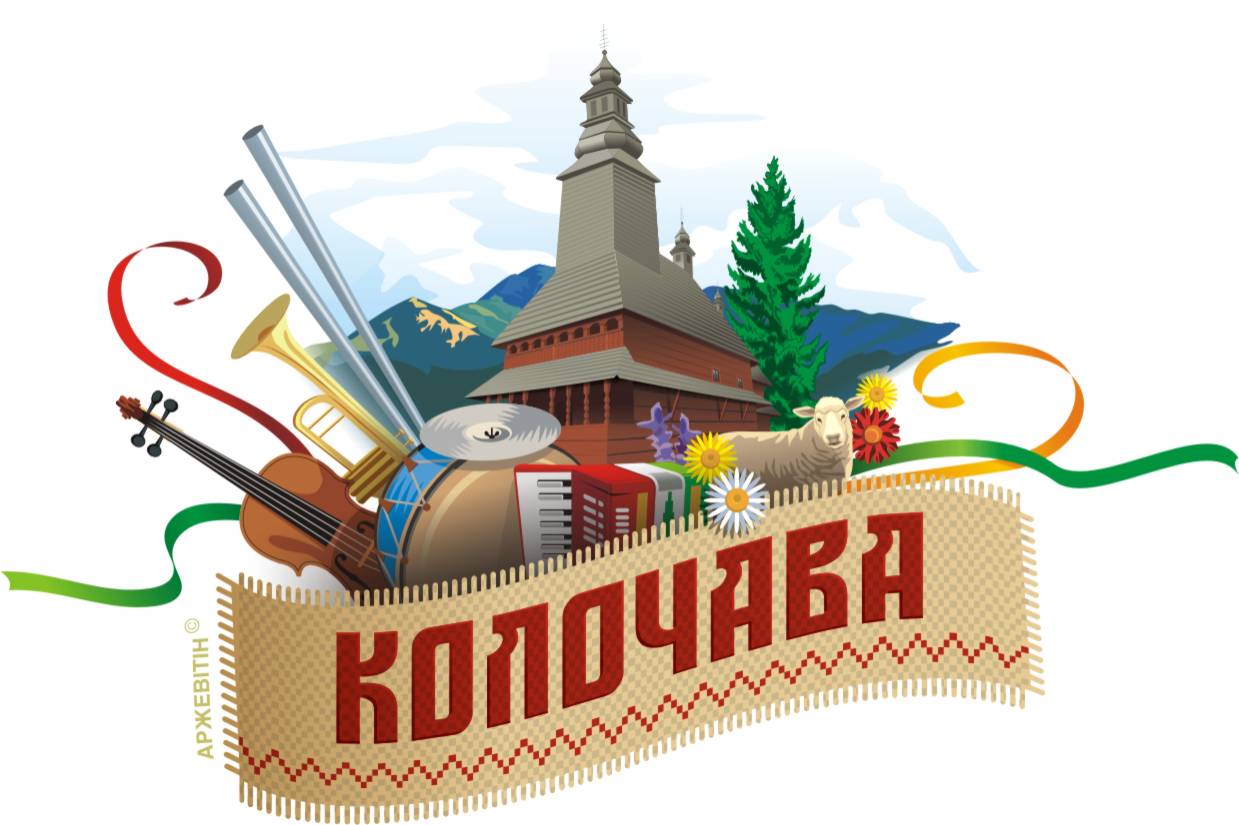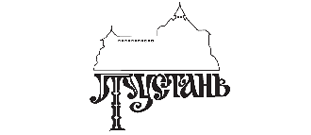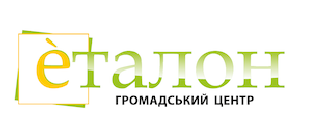The Hutsul region is in a sense a mythical land. Outside the geographical area, it is an area rooted in consciousness as a romantic land of mountain people for whom “there is no such life like in Polonyna”, the people who cultivates its traditions and hides its secrets. The Hutsul region as the area that remained largely isolated, somewhere on the border of cultures, has long stimulated the imagination of travellers and ethnographers. Local legends, customs, symbols and magical practices have become, in combination with wildlife, a magnet for both researchers and all kinds of adventurers, explorers seeking what is unexplored.
It is interesting that the Hutsul region is also a land where molfar appears. To some extent a medicine-man, healer and herbalist. The experts’ disputes are about the etymology of this name, which is not known whether to connect it with Wallachia or to look for connections among native Slavic meanings. Regardless of the name, molfar is a figure that expands and takes “to the west” the practices and belief system found partly in medicine-man in Siberia, Bakhsha in Central Asia, in some parts of the Caucasus and the Balkans, and even traditions found in the Hungarian lands. Nowadays, this phenomenon is a part of a whole series of characters found in the east, which in the countries of the former block are called “extrasens”. These are partly new phenomena, drawing in truth from fragments of old beliefs; however, they are partly part of a tradition that has actually continued since pre-Christian times. The Hucul molfar is a figure that combines the world of nature and culture. On a daily basis, he facilitates between the two realities, meeting with natural forces, spirits, he solves human problems. He can help, he can also hurt, be good or bad … He uses trance techniques entering the space of another reality. Sometimes it is so that he uses more conventional means: for example, herbs, music, prayer. Because we are in a world where everything passes through: religion, faith, natural forces, scientific knowledge, medicine. And only molfar can look at everything in a different way, reaching for what is supernatural for us.
It is said that the real, last Hutsul molfar died in 2011. He died fully aware that his end was coming. However, as is the case with such matters, they remain hidden and you never know when the voice of the ancient tradition will appear once again in some form in the local community. At least as an echo of the past. So, are you sure the real molars are gone? This is not known, but by crossing the narrow footbridge hanging by the river behind the church and then following the path among the forest you can reach the cottage where the eccentric old man lives. People call him “Uncle” here, he is well known to the inhabitants of the nearby village. He knows herbs, people come to him for medicine for various disorders.
We had to wait for Uncle, apparently he was looking for us earlier, going somewhere in the woods. When have we met he went to get ready. In the meantime, we could have seen the backyard: beehives and caricature sculptures depicting the Hutsul couple. Going further around the area, we looked into the shed, where the entire Hutsul “family” was standing, waiting for further processing.
Going to a traditional herbalist, I was prepared for hundreds of glass bottles and bizarre mixtures, herbs drying under the ceiling and dried for the preparation of brew. Meanwhile, it seems that Uncle specialises in liquors. Perhaps in his long-term practice he has already worked out a perfect recipe, because he presented us only one bottle after “Jack Daniels”. He thus confirmed the saying what counts is quality, not quantity. The mixture in a bottle is based on honey and seven types of herbs growing in the area. It has the most excellent health benefits. It also tastes great and makes you feel good. Uncle, wearing a traditional outfit – you can see that he is already worn out, used often, and not just kept for show, pouring the next round. He is laughing and joking. Bluff, lined with erotic humour he reminds of a cheerful Hutsul couple carved out of wood… When leaving, we are taking a wonderful mixture with us.




